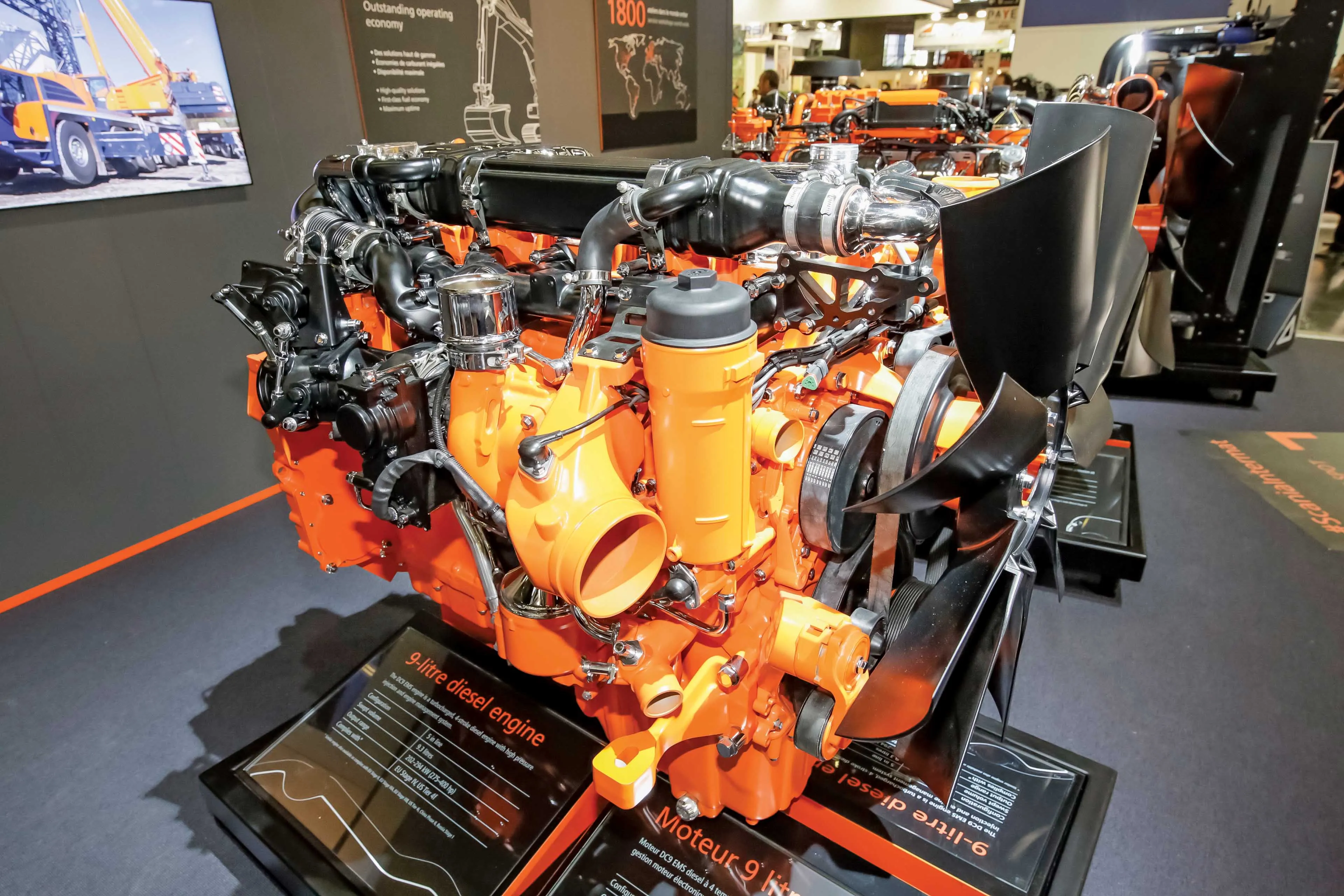
Many manufacturers including Deutz, Komatsu, Manitou, Volvo CE and Wacker Neuson have announced robust financial results recently, with many seeing record levels of sales and turnover. Firms in China, Europe, Japan, South Korea and the US all report good levels of business, a much welcome change from the weaker market conditions of a few years before. This is because the major construction markets of Asia, Europe and North America are all very healthy at present, although some areas such as the Middle East and parts of Latin America remain sluggish or depressed.
The need for new machines is strong as the pool of nearly new secondhand units parked up in yards around the globe has all but dissipated. Firms that had unsold inventory following the global crash 10 years ago have managed to deal with this issue.
Massive construction projects are underway in many countries, with China’s Belt & Road programme fuelling demand for machines across Asia, Europe and even parts of Africa. Meanwhile landmark expansion work such as the Grand Paris Project is attracting contractors and equipment need in France.
There are some problems though and not everything is rosy. One notable issue is with the of components. Parts as diverse as hydraulic components and engines are in short supply, resulting in production hold-ups for manufacturers. This is having the knock-on effect of longer lead times of new machines for customers than many construction equipment manufacturers would like.
The reason is understandable. Many suppliers suffered during the global slowdown and saw their stocks of unsold inventory rise, so they have been cautious with regard to gearing up production. But there are concerns too about how long the present demand for construction equipment will continue. The US for example is currently experiencing one of the longest continuous periods of growth since WWII. Some in the construction machinery sector wonder how long this can last.
But for manufacturers and contractors alike, now is the time to capitalise on demand. The construction sector is cyclic after all.








